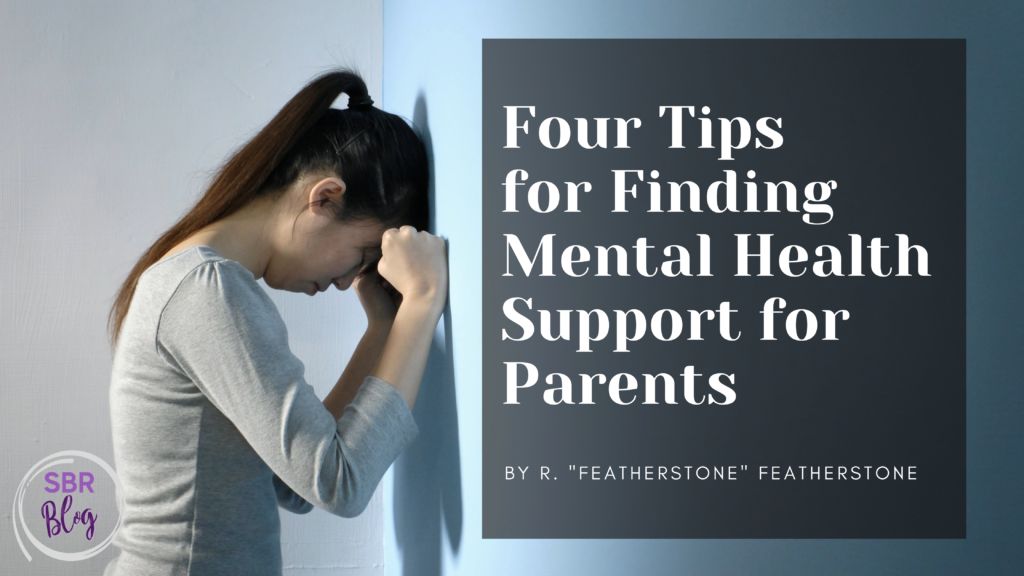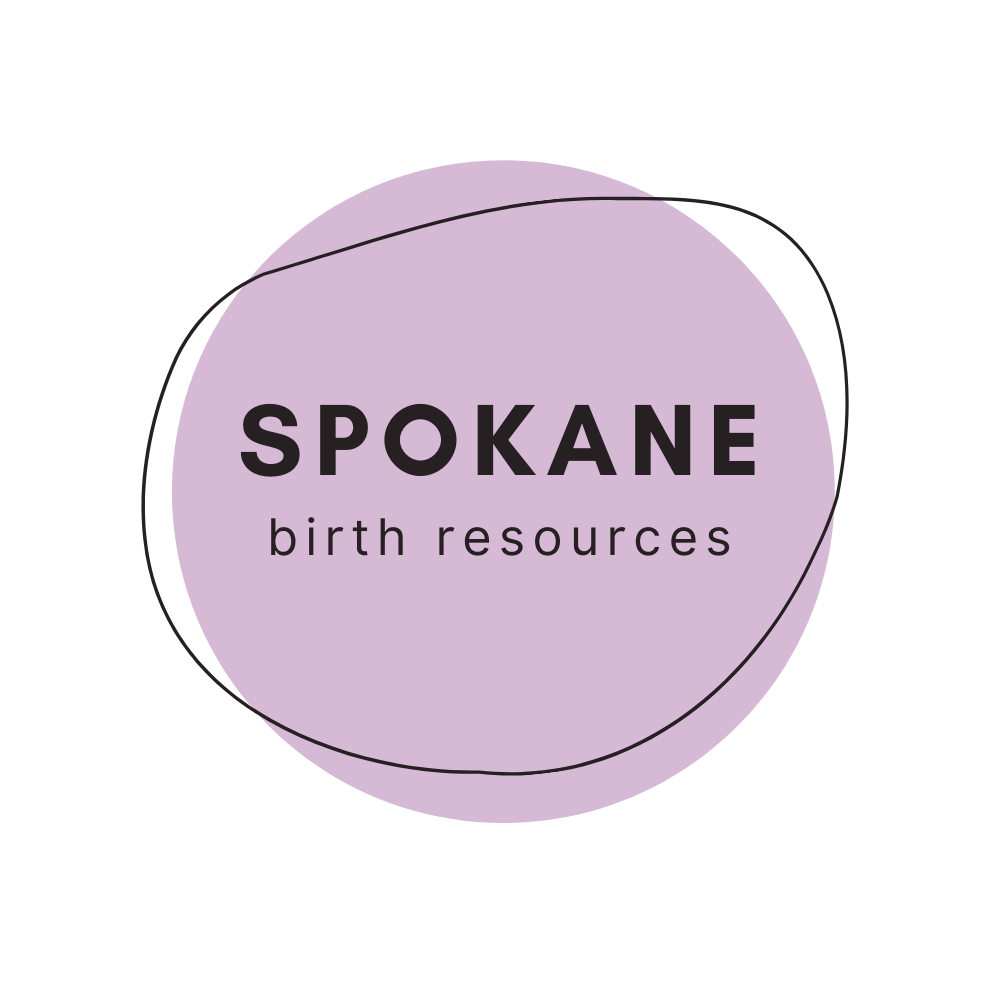
By R. “Featherstone” Featherstone of Eucalyptus Health
It’s 3 a.m., and you’re unfortunately awake. You’re trying to feed your baby, but they are too tired and they just aren’t eating enough to go back to sleep. You’re struggling to keep your eyes open and adjust everything so that they will settle, but your back hurts and the nursing pillow just isn’t fitting around you quite right, and … is that poop you smell? Again?
Modern parenthood can be difficult on your body, your marriage, your finances, your relationships, and your emotions. Most parents don’t know that there is support out there for what they are going through, specifically geared towards parents. The good news is that you have more options than you probably realize.
For general mental health, a lot of people talk to their primary care provider or their friends. However, not every family physician or nurse practitioner knows about specialty resources in your area. Some are familiar with common websites for finding mental health providers, and others aren’t. Below, I’ll share my most reliable resources for finding support geared specifically toward the challenges of pregnancy and early parenthood, which is a unique time of transition (and sleeplessness).

1. Postpartum Support International’s Provider Directory is GOLDEN. You can find the Postpartum Support International Directory here, where you can plug in your location and find a variety of professionals AND support groups. While the PSI Directory allows providers to list the insurance plans that they participate with, it doesn’t have reviews or personal testimonies, although it does have links to provider websites.
2. Check with local birth workers. There’s usually a doula collective in town, or midwifery practice, who knows who’s who. These folks usually have a large enough network of local mental health professionals who are good with parents and “get it.” The benefit of this resource is that they’ll be able to help you find dependable providers and support groups, but they may not know who takes your insurance (which is a huge part of the puzzle!).
3. Good ‘ol Psychology Today. Mental health professionals depend on Psychology Today to refer out patients who need services. You can search by your insurance plan, virtual or in-person care, and even lived experiences, like single parenting! However, I’ll include the same caveat here: You should check their reputation, either through the local birth worker community or online reviews, to do your due diligence and make sure it’s the best fit for your situation.
4. Parent Group Facilitators or staff at local kid stores, pediatrician offices, churches, kid gyms, and other community centers. A lot of churches facilitate MOPS (Mothers of Preschoolers) groups, and many people find other informal ways to connect with other like-minded parents in the thick of the early parenting experiences, for support and camaraderie. Chances are, someone in these groups will have also sought mental health care at some point, and can point you in the direction of someone who’s kind and empathetic, even if they don’t have specialty training in perinatal mental health. The most important thing is generally that they listen and create a safe space for you to be honest about the challenges you are facing.
Finding mental health care for parents – a therapist, a psychiatric provider, or a support group – is often a short term measure that provides a lot of benefit for parents struggling with feeling tired, inadequate, or overwhelmed. The good news is that there’s help available, and with help, you will feel better.
R. “Featherstone” Featherstone is a dual certified nurse practitioner of Women’s Health and Psychiatry. As the founder of Eucalyptus Health, Featherstone “brings the heart of midwifery and mental health” to parents in North Idaho. Check out Eucalyptus Health’s high-visibility ads under the Mental Health and Women’s Health categories of the Spokane Birth Resources Directory.
